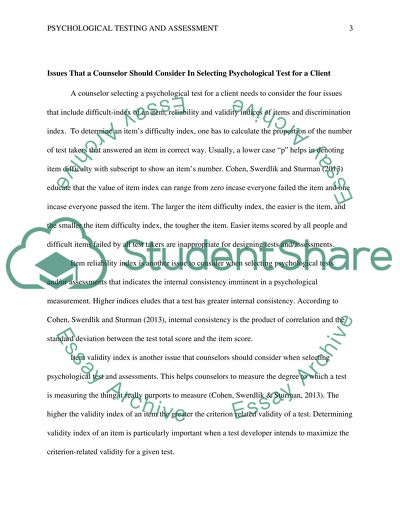Cite this document
(Testing and Assessment in Industrial and Organizational Psychology Article, n.d.)
Testing and Assessment in Industrial and Organizational Psychology Article. Retrieved from https://studentshare.org/human-resources/1672865-psychological-testing-and-assessment-selection-paper
Testing and Assessment in Industrial and Organizational Psychology Article. Retrieved from https://studentshare.org/human-resources/1672865-psychological-testing-and-assessment-selection-paper
(Testing and Assessment in Industrial and Organizational Psychology Article)
Testing and Assessment in Industrial and Organizational Psychology Article. https://studentshare.org/human-resources/1672865-psychological-testing-and-assessment-selection-paper.
Testing and Assessment in Industrial and Organizational Psychology Article. https://studentshare.org/human-resources/1672865-psychological-testing-and-assessment-selection-paper.
“Testing and Assessment in Industrial and Organizational Psychology Article”, n.d. https://studentshare.org/human-resources/1672865-psychological-testing-and-assessment-selection-paper.


